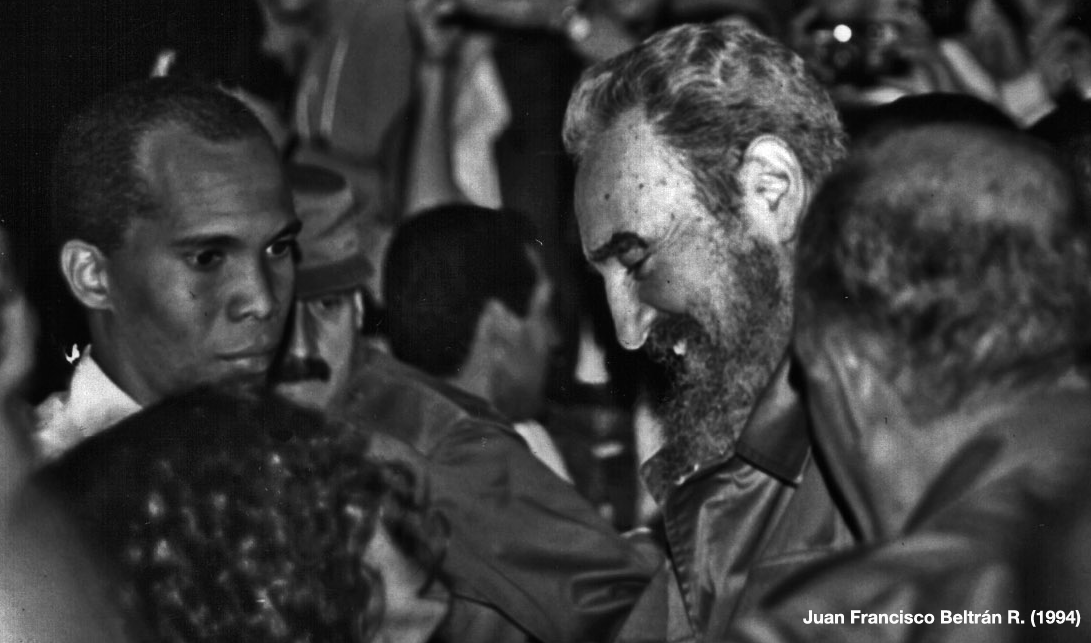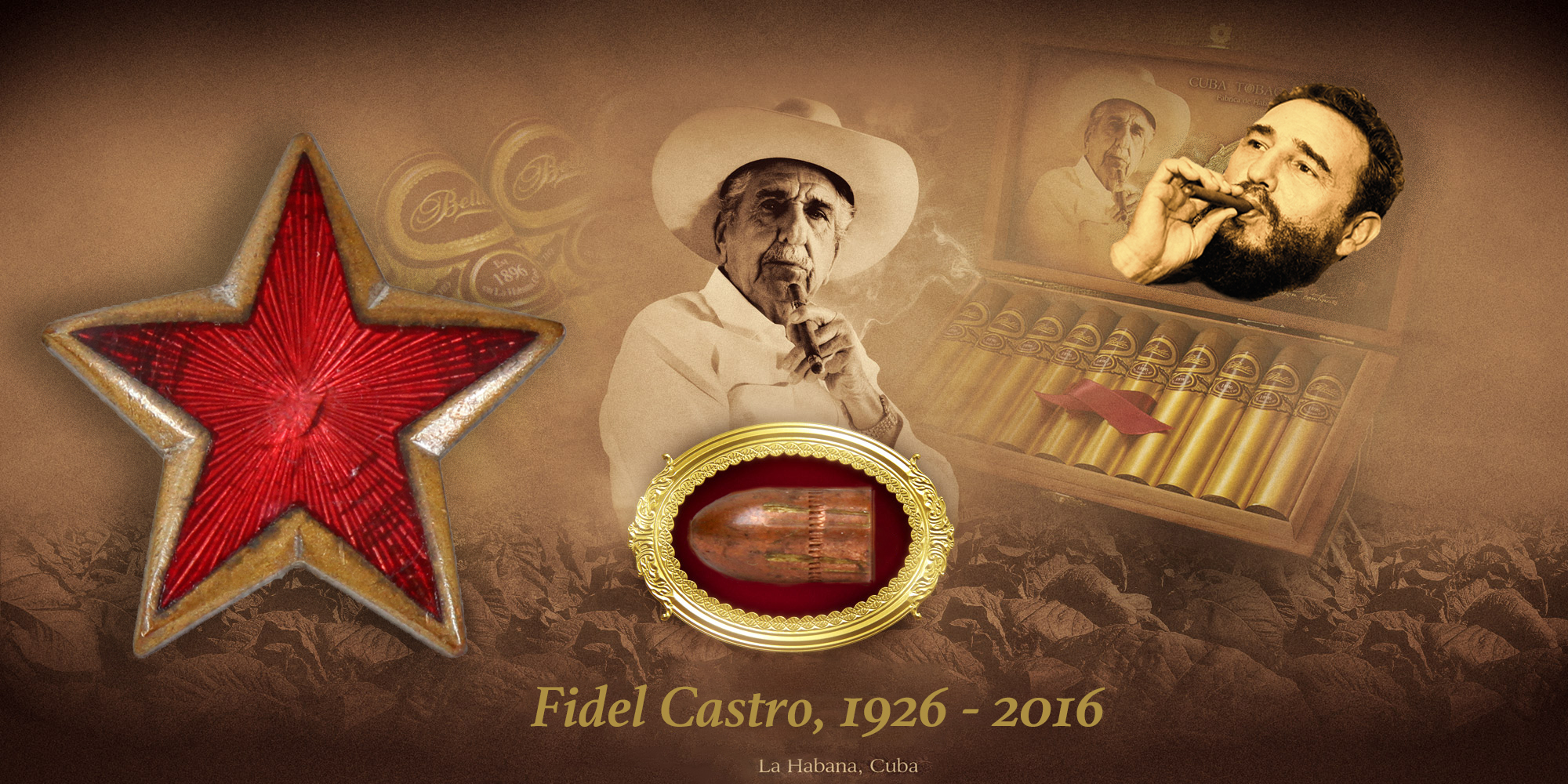It’s no secret that I’m a fan of a good cuba libre. Or two. Or three. But despite it being my drink of choice, I never really thought much about the name of this basic cocktail until Fidel Castro died.
There was something about the festivities on the streets of Miami that felt wrong. Tasted sour. It’s a cuba libre, dammit – let’s reserve the sourness for pisco, whiskey and amaretto.
Sure the guy was a dictator. Sure I’d want to kill someone who makes me sit through a seven-hour speech* – but only figuratively.
I won’t pretend to know what it means to be a Cuban exile or to have sat through any address lasting longer than 90 minutes (even three hour lectures have breaks). But marking Fidel’s death with flag-waving, car-horning and dancing seems perverse to me.
What exactly are they celebrating? Is this mere schadenfreude? Because it sure isn’t justice – not even justice of the poetic variety. Not even vengeance.
The guy died at a ripe old age from an illness he’d suffered for the last decade. He wasn’t deposed, he wasn’t assassinated and he wasn’t tried for – let alone convicted of – anything.**

Fidel was around a bloody long time. He wielded a disproportionate amount of influence given he led a small fry island nation.
If my Facebook and Twitter feeds are anything to go by, there are a good number of people out there who consider him a hero. Particularly given the intertwining of his story with Che Guevara’s, Fidel holds a certain legendary status whether you love him or you hate him.
From where I sit geographically and politically, he symbolises and catalyses pre-terrorist anti-American sentiment. In a way, he’s a remnant of the Cold War.
But to be honest, I’m not sure his passing changes anything. Fidel’s brother Raúl has been ruling since 2006 (since 2008 officially) anyway. He and Barack Obama restored diplomatic relations between the United States and Cuba – that, for me, was a bigger deal than Fidel breathing his last.
So what exactly are they celebrating?
My most positive reading of the situation paints the celebrations as an expression of hope in response to a death that marks the end of an era. It may not be poetic justice as such, but there is something poetic, something cathartic, about an event like this.
With the passing of the things of old, perhaps the possibility of reform feels more within reach for these people. The possibility of a Cuba that is truly free from one-party rule, as well as from elitism and poverty. The possibility of a Cuba, libre.
I’ll drink to that.
*Check out this fun list of longest speeches in history. Fidel’s beats them out of the water, but there are some other amusing examples of politicians who abused their captive audiences by refusing to shut up.
**For the pedants, I note that Fidel was convicted and imprisoned in 1953, before coming to power, by the then Cuban ruler Fulgencio Batista he eventually overthrew.



